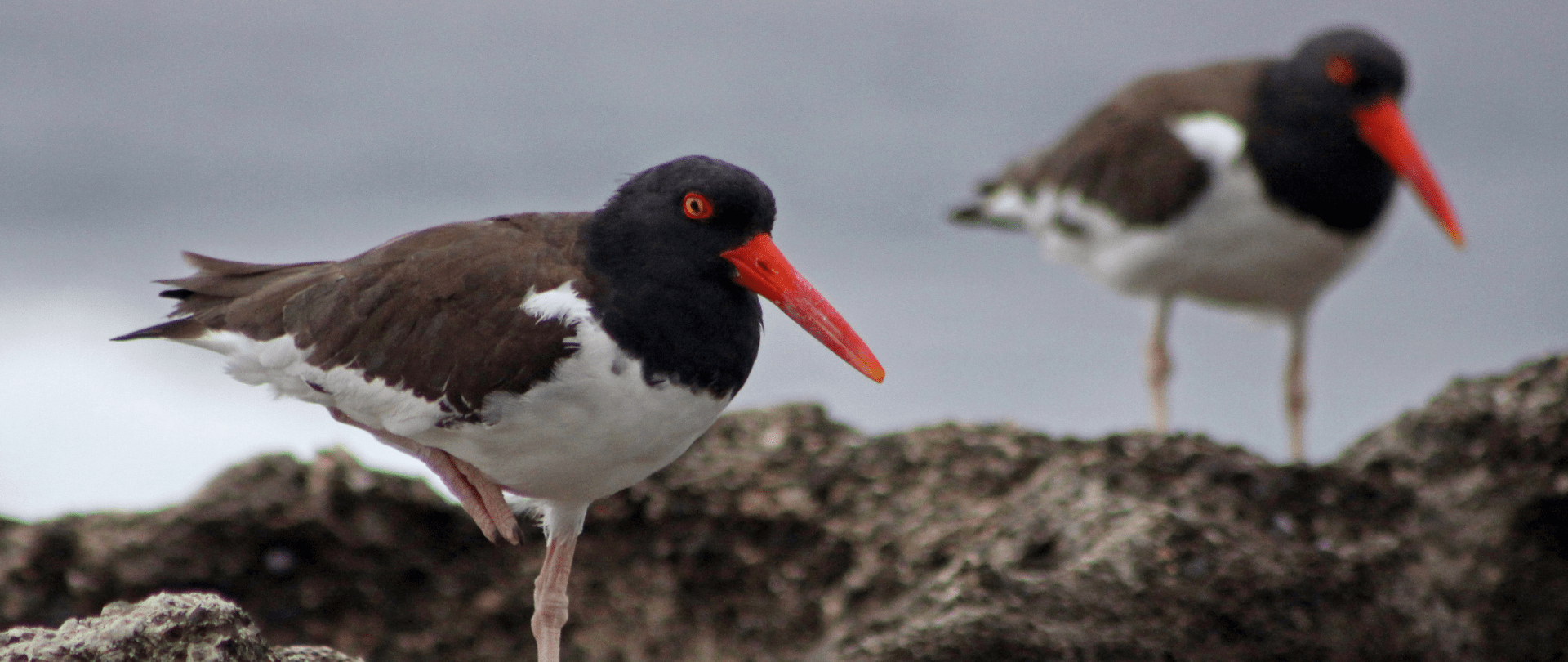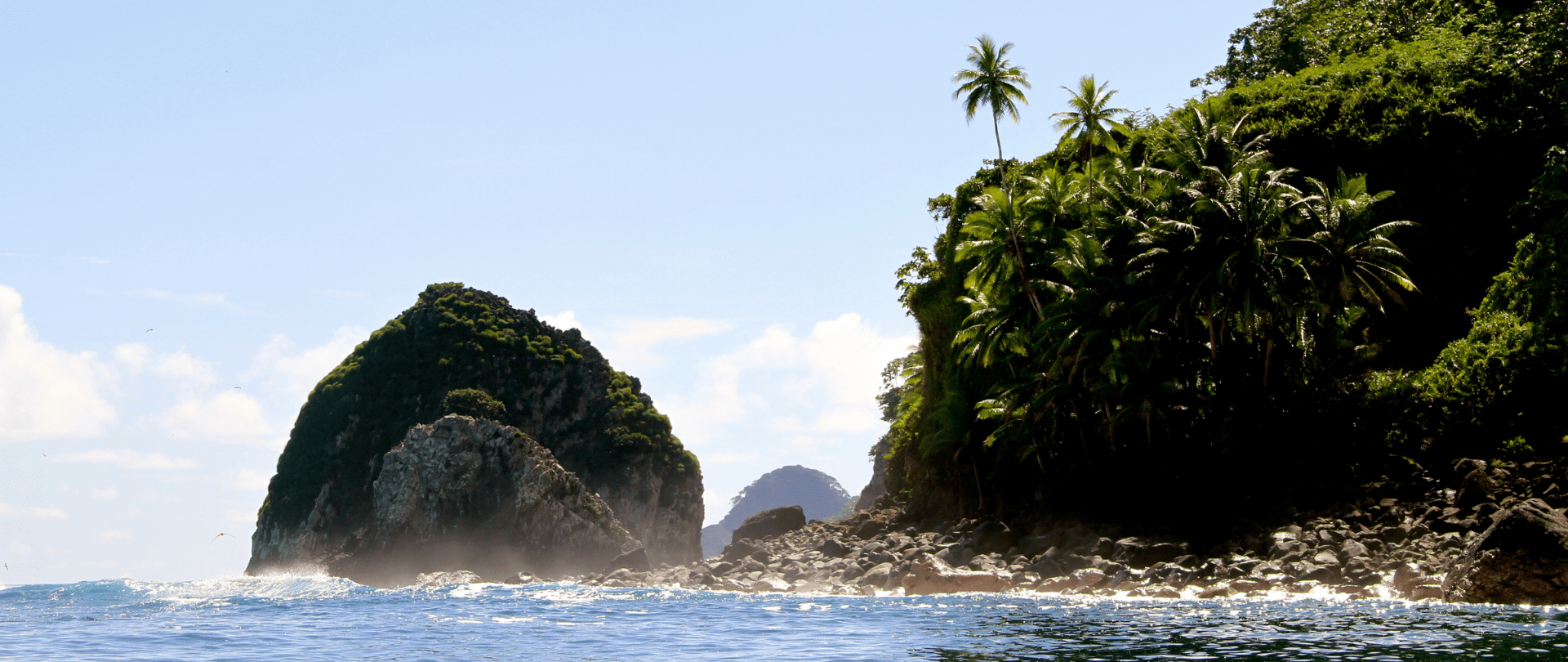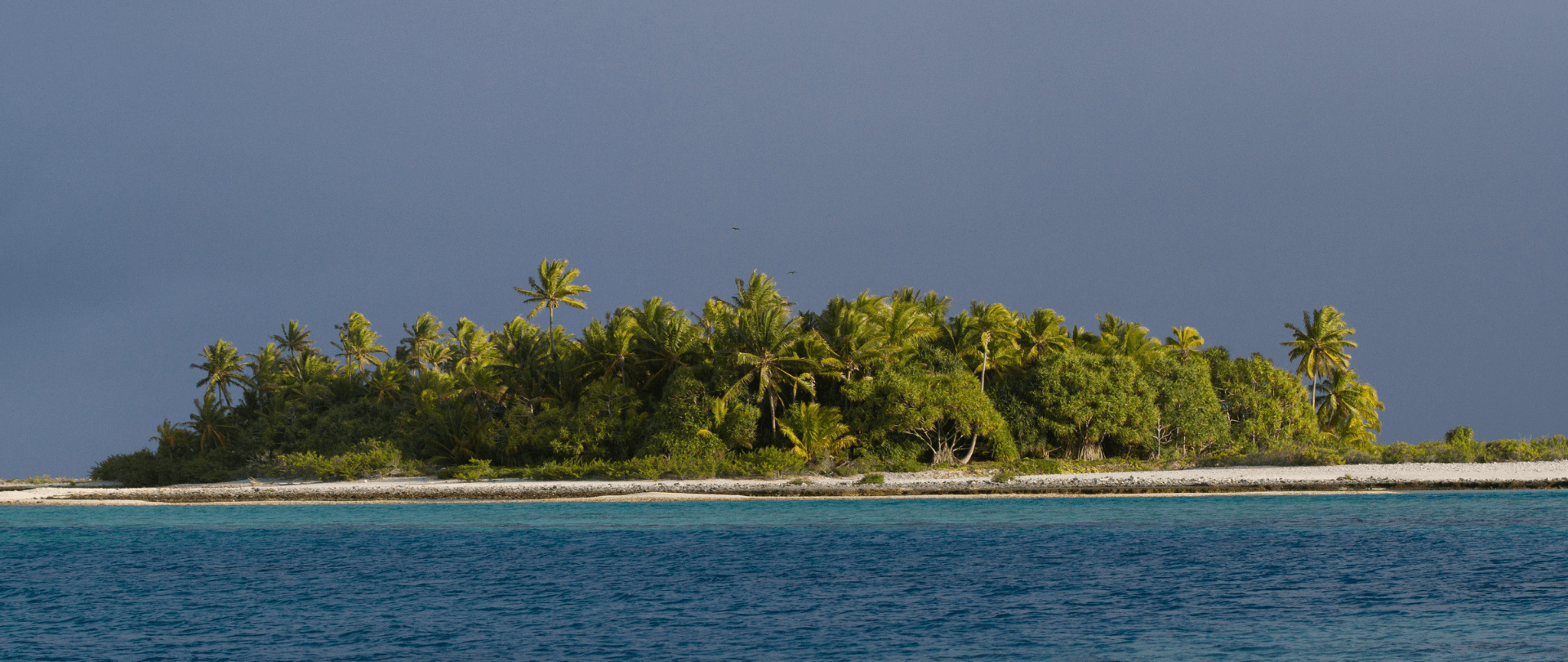The Ebiil Society: Champions of Palau
Ann Singeo, founder of our partner organization the Ebiil Society, shares her vision for a thriving Palau and a flourishing world of indigenous science!
Our new online shop is live!
Published on
October 6, 2023
Written by
Bren Ram
Photo credit
Bren Ram

After the devastating Deepwater Horizon disaster in 2010, the Open Ocean Trustee Implementation Group was formed and began drafting and implementing restoration plans for affected ecosystems. The latest phase of this plan funds seven projects that aim to restore habitats of seabirds injured by the spill, totaling almost $33 million. The projects will involve the removal of invasive mammals from islands where seabirds nest and breed.
We’ve seen firsthand the benefits of invasive mammal removal for seabird populations. On Desecheo Island, Puerto Rico, a near-decade-long project to remove invasive species resulted in the return of seabirds within one year. Now, once-scarce species—among them the endemic Higo Chumbo cactus, Audubon’s Shearwaters, various species of Boobies, and Bridled Terns—thrive on the island, thanks in part to social attraction with decoy birds.

Desecheo Island makes an appearance among the projects funded by the Open Ocean Trustees, where more social attraction and biosecurity enhancement measures are planned. These actions will build on the previous work of Island Conservation and our partner organizations to strengthen seabird colonies and, in turn, maximize the return on investment for invasive mammal eradication.
Projects on other islands, such as Mona Island and the Culebra Archipelago (both in Puerto Rico), will also receive funding from the Trustees. Removing invasive species from islands is one of the most important actions humans can take to protect vulnerable ecosystems and boost climate resilience. By recognizing the key role seabirds play in connecting land and sea ecosystems, the Open Ocean Trustee Implementation Group sends a $33 million signal to the world that restoring island biodiversity is a worthy and feasible investment, and a cost-effective way to meet the restoration goals defined by the Deepwater Horizon settlements. The projects will benefit not only the seabirds and other native species, but also the local communities that depend on healthy ecosystems for their livelihoods and well-being. This is a historic opportunity to advance the conservation of some of the most diverse and threatened habitats on the planet.
Check out other journal entries we think you might be interested in.

Ann Singeo, founder of our partner organization the Ebiil Society, shares her vision for a thriving Palau and a flourishing world of indigenous science!

This historic agreement aims to protect the marine and coastal areas of the Southeast Pacific.

Our projects to restore key islets in Nukufetau Atoll forecast climate resilience and community benefits in Tuvalu!

Island Conservation attended the 16th meeting of the Conference of the Parties to the Convention on Biological Diversity!

Island Conservation and partners have published a new paper quantifying ecosystem resilience on restored islands!

Climate Week NYC: what is it and why is it important? Read on to find out why Island Conservation is attending this amazing event!

With sea levels on the rise, how are the coastlines of islands transforming? Read on to find out how dynamic islands really are!

Join us in celebrating the most amazing sights from around the world by checking out these fantastic conservation photos!

Rare will support the effort to restore island-ocean ecosystems by engaging the Coastal 500 network of local leaders in safeguarding biodiversity (Arlington, VA, USA) Today, international conservation organization Rare announced it has joined the Island-Ocean Connection Challenge (IOCC), a global effort to…

Island Conservation accepts cryptocurrency donations. Make an impact using your digital wallet today!